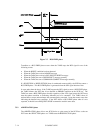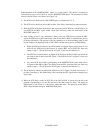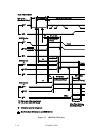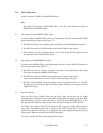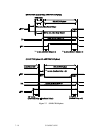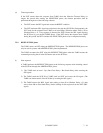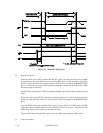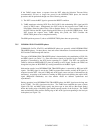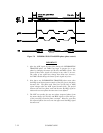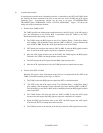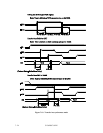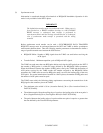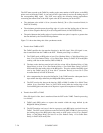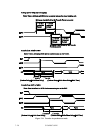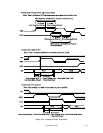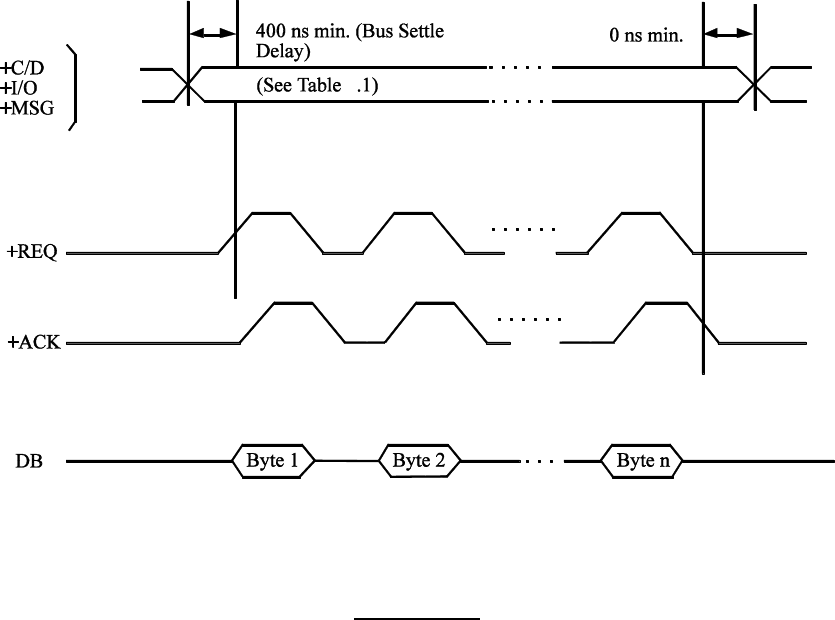
7 - 22 C156-E097-01EN
7
Figure 7.9 INFORMATION TRANSFER phase (phase control)
IMPORTANT
1. After the ACK signal becomes false during the INFORMATION
TRANSFER phase, the TARG can begin to prepare for a new
phase by changing the status of C/D, I/O, and MSG signals. The
status of these three signals can change in any order or at once.
The status of one signal may change more than once; however,
the TARG should change the status of each signal only once.
2. Note that a new INFORMATION TRANSFER phase starts when
the REQ signal that requests transfer of the first byte in the phase
becomes true. The phase ends when one of C/D, I/O, or MSG
signal changes after the ACK signal becomes false. The period
between the time one phase ends and the time the REQ signal to
initiate the next new phase becomes true is not defined.
3. The INIT can predict the next new phase (expected phase) from
the status change of C/D, I/O, and MSG signals or from the type
of the preceding execution phase executed. However, note that
the expected phase does not come into effect until the REQ signal
becomes true.



